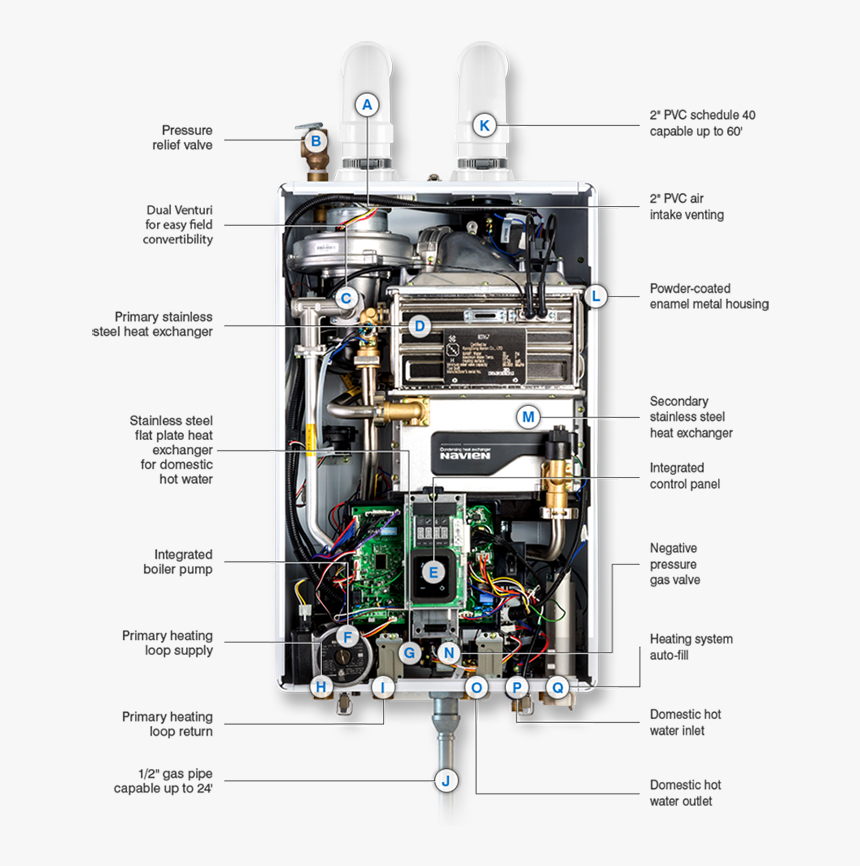We're looking into replacing our boiler. The current one is tankless and only provides hot water for heating on a closed loop. There is an entirely separate electric HW tank & plumbing for 'domestic' hot water (showers etc.)
We don't necessarily want to alter the DHW system at the moment, it works fine, and leaving it alone would be cheaper / simpler. But it might be nice to have the option of switching it to the boiler in the future.
Would it be possible to install a tankless combi boiler but leave the DHW side of it disconnected (capped off) and use it just for heating duty? I don't know if having "dry pipes" on that side might cause some problem? Or some other concern.
If there are specific types of boilers that would / would not allow this, that would be very useful information as well.
I can see that often a boiler will have two variants of the same model - one with DHW and one without. That makes me think this is likely to be possible. But I have looked in a few manuals of boilers but have not seen this addressed. Web searches haven't turned up anything either. Of course I may simply not have seen this information, but thought it was worth asking for advice here.

